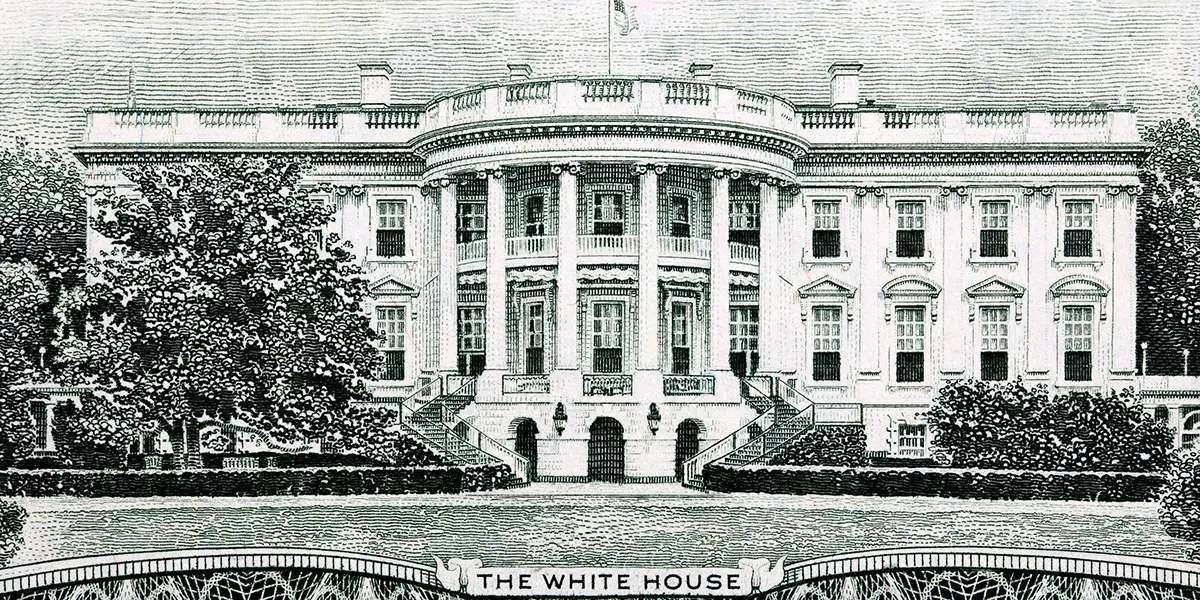
The recent debt ceiling deal not only capped affordable housing programs for the next two years, it also clawed back pandemic housing assistance that could have helped the most vulnerable renters.
The Fiscal Responsibility Act of 2023 includes a “rescission” of pandemic-era funding that has not been spent. This means these programs no longer have the extra funding provided by Congress during the pandemic. It also means that they will not be able to serve as many low-income renters.
The rescission will cut funding for the Emergency Rental Assistance program. It will also take back extra funding for HUD Housing Choice Vouchers and Project-Based Rental Assistance.
Programs that serve the most vulnerable renters will also lose extra funding authorized during the pandemic. These include Section 202 Supportive Housing for the Elderly, Section 811 Supportive Housing for Persons with Disabilities, and Native American housing programs.
In addition to overall spending caps and rescissions, the debt ceiling deal also has some harsh penalties if Congress cannot keep within the spending limits.
If Congress does not pass appropriations on time and under the caps, it can trigger “sequestration.” This means that all domestic programs will be cut across the board. This includes all HUD and USDA affordable housing programs.
Sequestration would lead to thousands of low-income renters losing their housing assistance, food assistance, and healthcare.
Keep scrolling for more recaps about the latest headlines in affordable housing 🔽
Thousands are living in RVs on Los Angeles streets, CNN report says
There has been a surge in people living in RVs on Los Angeles streets, according to a report from CNN. Local officials are struggling to address the impact on neighborhoods while finding safe housing options for van residents.
At latest count, more than 11,000 people are living in RVs on Los Angeles County streets. The number of RVs on streets has increased from 4,500 in 2008 to 7,000 in 2023.
Los Angeles allows people to sleep in cars in certain areas. But vans and campers are being parked on streets around the county where it is not allowed. The sheer volume of complaints makes it hard to enforce restrictions, and RVs are starting to park in residential neighborhoods.
The impact can be severe. Many of the RVs are old, dilapidated, or cannot even drive away on their own power. Neighborhood residents complain about having to wade through trash or even sewage from RV tanks to get to their homes.
Los Angeles County is working with homeless service organizations to help RV residents find other housing options. Working neighborhood by neighborhood, they have offered shelter placements, limited cash assistance, plus free towing and demolition of broken-down RVs.
The program is new, but has so far had only limited success. Many RV residents do not consider themselves “homeless.” They prefer their vehicles to staying in a shelter. Advocates also face challenges finding affordable apartments in one of the most expensive housing markets in the country.
‘Guaranteed Income’ program aims to help youth in gentrifying areas
A Guaranteed Income program in Louisville, Kentucky, is trying to help low-income renters in gentrifying neighborhoods avoid getting pushed out.
When real estate speculators and developers start buying up properties in distressed neighborhoods, low-income renters often suffer.
People lose their homes when buildings are demolished for redevelopment. Rents skyrocket in remaining apartments. Local stores close. Many longtime residents have to move to other areas because they cannot afford to stay.
Working with the nonprofit Cities United, Louisville created the YALift! Program (Young Adult Louisville Income for Transformation). The program provides $500 per month for one year to 150 young adults ages 18-25.
Program participants must live in one of three historically Black neighborhoods: Russell, California, and Smoketown. These neighborhoods have seen decades of disinvestment but are now targets for redevelopment because they are close to downtown.
The Guaranteed Income program allows young adults to stay in their community as they start their work lives. It helps them afford rent increases and other costs that local people face when a neighborhood goes “upscale.”
Louisville’s program is ongoing, but dozens of cities around the country have started Guaranteed Income programs. These programs have documented success helping low-income renters keep their homes and meet other basic needs.
Come back every week to stay on top of important low income housing news from Affordable Housing Online!

